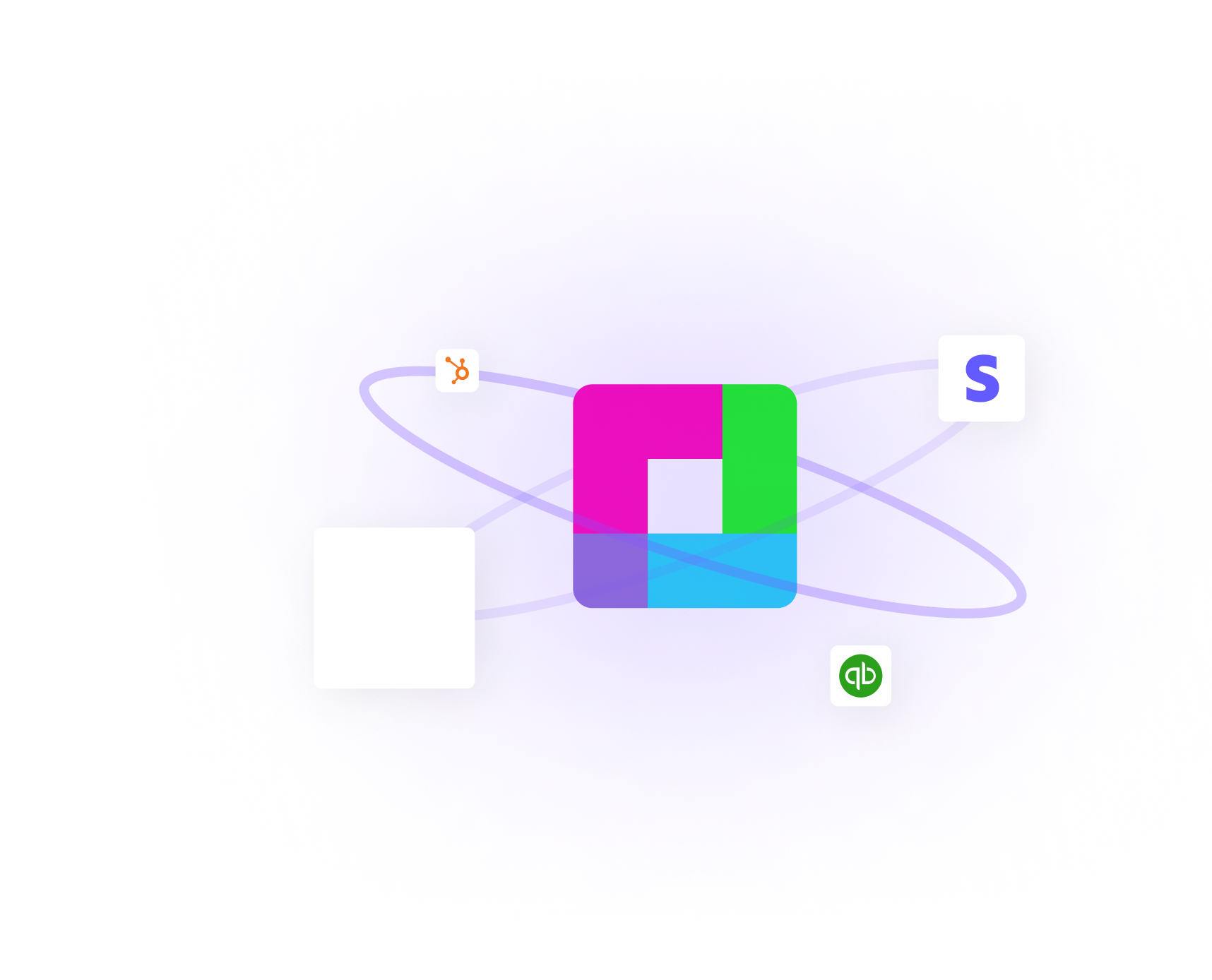
Overview
In the dynamic realm of data management, leveraging the full potential of project management tools like ClickUp is essential for businesses aiming to drive growth and gain actionable insights. This is where ETL (Extract, Transform, Load) processes become invaluable, particularly when working with ClickUp data. ETL not only simplifies the extraction of valuable data from ClickUp but also transforms this data to align with the business's analytical frameworks and loads it efficiently into spreadsheets, databases, or data warehouses. This transformation is critical for companies that depend on accurate, timely data to inform business intelligence strategies, optimize performance, and ensure compliance. On this page, we delve into the world of ClickUp, the innovative ETL tools designed for ClickUp data, and the practical use cases for implementing ETL processes. Additionally, we'll explore an alternative to the traditional ETL approach using Sourcetable, a platform that streamlines the data transfer process, and provide a comprehensive Q&A section to address common inquiries about employing ETL with ClickUp data.
ETL Tools for ClickUp
ETL and ELT tools are essential in harnessing the full potential of data management within ClickUp. These tools streamline the process of extracting data from various sources, including APIs and databases, transforming the data to meet organizational needs, and loading it into destinations such as databases, data warehouses, or data lakes. Among the most prominent tools for ClickUp data integration are Airbyte, Fivetran, StitchData, Matillion, and Talend Data Integration. Each offers unique features that cater to different data integration requirements.
As data integration evolves, ELT is becoming the new standard, providing more flexibility and autonomy for data analysts. This modern approach supports a broader range of data sources, including unstructured data, and facilitates no-code data pipelines. ELT not only enhances data integrity and reliability but also enables more automations and supports automatic schema change migration. In this changing landscape, tools like Airbyte, which provide both self-hosted open-source and cloud platforms, and Fivetran, known for its managed ELT services, are leading the way.
In comparison, tools such as Stitch offer cloud-based ETL platforms, while Matillion is recognized for its self-hosted ELT solutions. Moreover, workflow management tools like Airflow can be utilized for ETL processes, and comprehensive data integration platforms like Talend offer extensive capabilities in data handling. Whether for business analytics or workflow automation, the use of ETL tools in ClickUp enhances data management capabilities, ensuring that organizations can leverage their data effectively.
Streamline Your ClickUp Data with Sourcetable ETL
Integrating ClickUp data into your workflow can be effortless with Sourcetable, which offers a superior solution for ETL processes over third-party tools or in-house built systems. Sourcetable simplifies the ETL process by syncing your live data from ClickUp and other apps or databases seamlessly. This negates the need for complex setup procedures and maintenance headaches typically associated with third-party ETL tools or custom-built solutions.
With Sourcetable, you gain the advantage of an automated system that brings together data from multiple sources. It allows you to transform and query your data directly within a user-friendly spreadsheet interface. This approach substantially reduces the learning curve, making it accessible for those accustomed to the spreadsheet format. Moreover, Sourcetable's focus on automation and business intelligence can lead to more informed decision-making, as your data is always up-to-date and ready for analysis.
Common Use Cases
-
Use case 1: Automating the creation of reports by extracting task and project data from ClickUp and loading it into Google Sheets for analysis and visualizationC
-
Use case 2: Synchronizing time tracking data from ClickUp into a Google Sheets spreadsheet for payroll and compliance purposesC
-
Use case 3: Building a dashboard in Google Sheets that integrates custom fields, comments, checklists, attachments, and tags from ClickUp for performance optimizationC
-
Use case 4: Streamlining sales and marketing efforts by integrating ClickUp tasks with Google Sheets to track leads, customer interactions, and campaign progressC
Frequently Asked Questions
What are the most prominent ETL tools to extract data from ClickUp?
The most prominent ETL tools to extract data from ClickUp include Airbyte, Fivetran, StitchData, Matillion, and Talend Data Integration.
How do ETL tools work with ClickUp's API?
ETL tools work with ClickUp's API to extract a wide range of data related to tasks, projects, and teams, transform it efficiently, and load it into a database, data warehouse or data lake.
What are common transformations performed by ETL tools?
The most common transformations in ETL processes are data conversion, aggregation, deduplication, and filtering.
Is it possible to move a task between lists using the API?
Yes, it is possible to move a task between lists using the API.
Will tasks created via API generate notifications?
FAQ does not provide information on whether tasks created via API generate notifications.
Conclusion
ETL tools like Airbyte, Fivetran, StitchData, Matillion, and Talend Data Integration are essential for businesses that use ClickUp, providing efficient ways to extract, transform, and load data into a data warehouse, database, or data lake. These tools play a critical role in reducing delivery times, minimizing expenses, and automating complex processes, ensuring data integrity and facilitating transparent, repeatable data migrations. With features such as batch processing, error handling, and big data management, ETL and ELT strategies enhance data management capabilities, allowing businesses to focus on insights and decision-making. However, for those seeking to simplify their data integration even further, consider using Sourcetable for ETL directly into spreadsheets. Bypass the complexity and sign up for Sourcetable to get started on streamlining your data management today.







